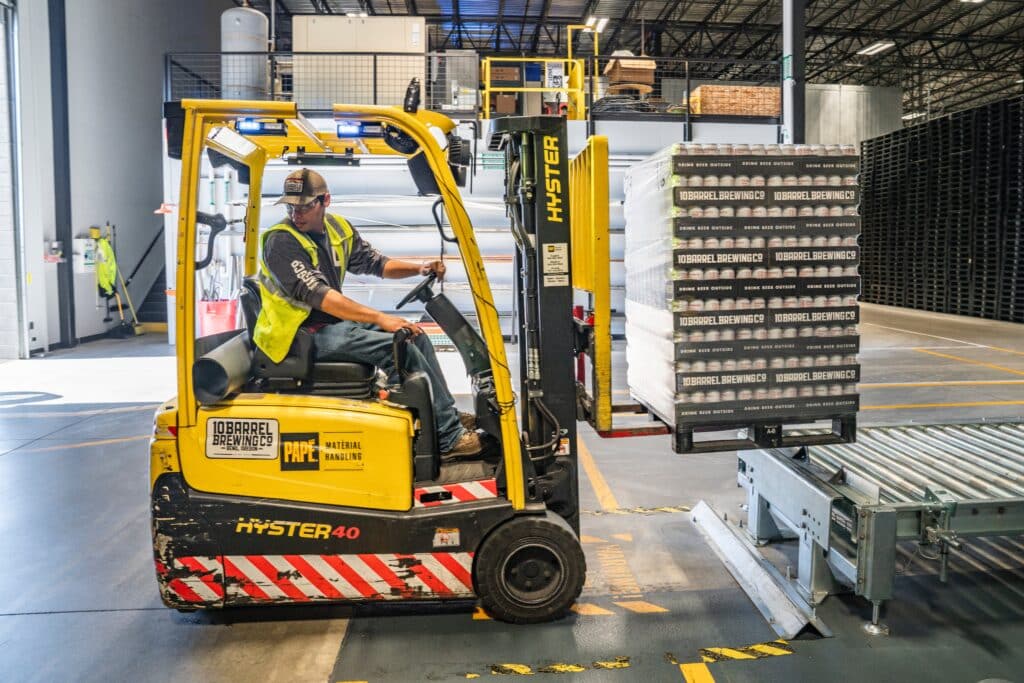The advancement of technology has revolutionized various industries, and the realm of warehousing is no exception. With the advent of automation and robotics, the once manually intensive tasks that were performed by warehouse workers are now being handled by machines. As the discussion surrounding the integration of automation in the workplace intensifies, many individuals employed in the warehouse sector find themselves contemplating the future of their jobs. Will automation ultimately replace human workers in warehouses?
While the rise of automation undoubtedly poses a valid concern, it is crucial to approach this topic from a balanced perspective. In this blog post, we aim to delve into the complexities of automation in warehouses, providing insightful analysis and exploring the potential impact on job roles. By gaining a deeper understanding of this technological shift, you will be better equipped to navigate the evolving landscape of the warehousing industry.
The Impact of Automation on the Warehouse Industry
Pros of Automation in Warehouses
Automation in warehouses offers several advantages. One of the most significant benefits is increased efficiency. Machines can handle repetitive and physically demanding tasks more quickly and accurately than humans. This allows companies to streamline their operations, reduce errors, and improve overall productivity. With automation, warehouses can also operate 24/7, leading to faster order fulfillment and enhanced customer satisfaction.
Additionally, automation opens up opportunities for workers to upskill and acquire new skills. As machines take over manual tasks, employees can focus on developing their expertise in areas that require human intervention, such as problem-solving, critical thinking, and decision-making. This shift in job responsibilities can lead to more fulfilling and intellectually stimulating work for warehouse employees.
Cons of Automation in Warehouses
However, there are also legitimate concerns associated with the rise of automation in warehouses. One of the biggest fears is job security. With machines taking over tasks previously performed by humans, there is a valid worry that many warehouse jobs may become obsolete. This concern is not unfounded, as studies have shown that certain job roles, such as manual laborers and forklift operators, are at a higher risk of being replaced by automation.
Moreover, the adoption of automation in warehouses requires a substantial investment in technology and infrastructure. Small businesses may be put at a disadvantage, as they may not have the resources to implement automation on a large scale. This can create a gap between large corporations that can afford the latest technologies and smaller businesses that rely on manual labor.
Embracing Automation in the Warehouse Industry
Despite these challenges, it is crucial for individuals in the warehouse industry to embrace the automation revolution and adapt to the changing landscape. Rather than fearing job displacement, workers can seize the opportunities that automation presents. By actively upskilling and acquiring new competencies, employees can position themselves as valuable assets in an increasingly automated warehouse environment.
Looking at real-world examples, we can see how companies successfully integrated automation into their warehouses while preserving jobs. Amazon, for instance, implemented robotics into their warehouses to handle tasks like picking and packing, resulting in increased efficiency and productivity. Instead of laying off human workers, Amazon provided them with opportunities to take on more complex roles, such as overseeing the automation systems and managing inventory.
Automation is undoubtedly transforming the warehouse industry. While it does pose challenges in terms of job security and resource allocation, it also offers opportunities for upskilling and career advancement. By embracing this technological shift and adapting to the changing landscape, warehouse employees can secure their future in the industry. It is essential for both individuals and companies to recognize the value of human skills and leverage technology to enhance productivity rather than replace workers entirely.
Thriving in the Future of Work in the Warehouse Industry
As the industry continues to evolve, professionals in the warehouse sector must keep abreast of the latest trends and developments. By staying informed and actively investing in their skills and knowledge, individuals can remain relevant and indispensable in an increasingly automated world. Automation may change the nature of warehouse jobs, but it does not eliminate the need for human expertise and adaptability. With the right mindset and proactive approach, workers can thrive in the future of work in the warehouse industry.
Remember, the key to success in an automated world is continuous learning and adaptation. By honing your skills and staying informed, you can position yourself as a resilient and valuable professional in the warehouse industry. Contact STS Staffing to start your journey to a new job today.




